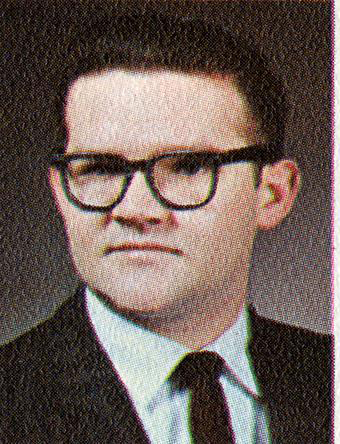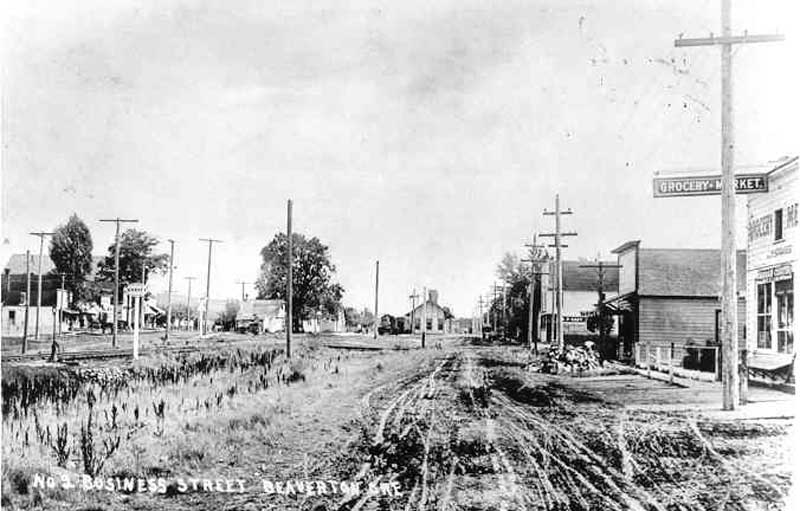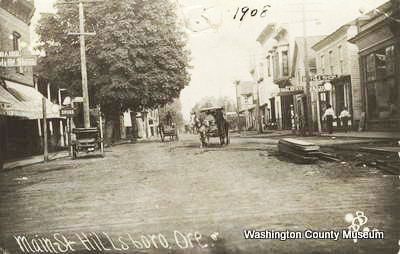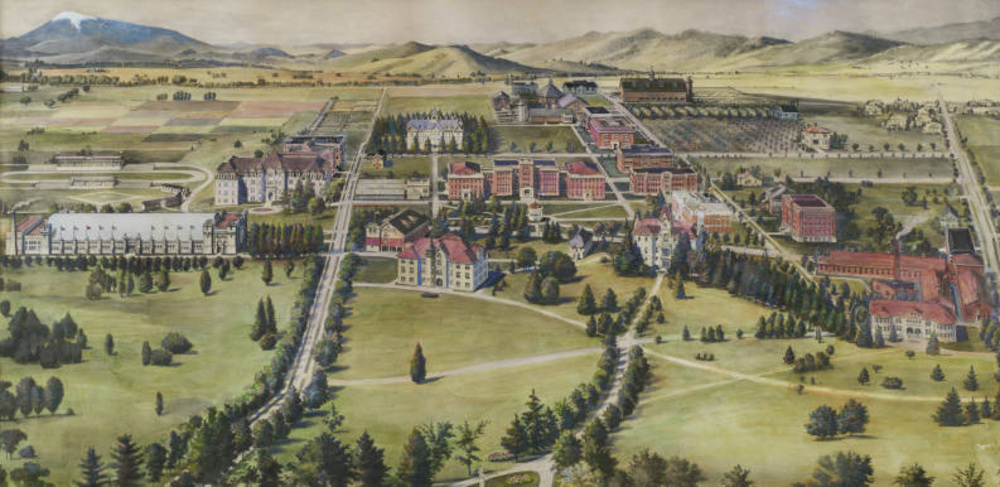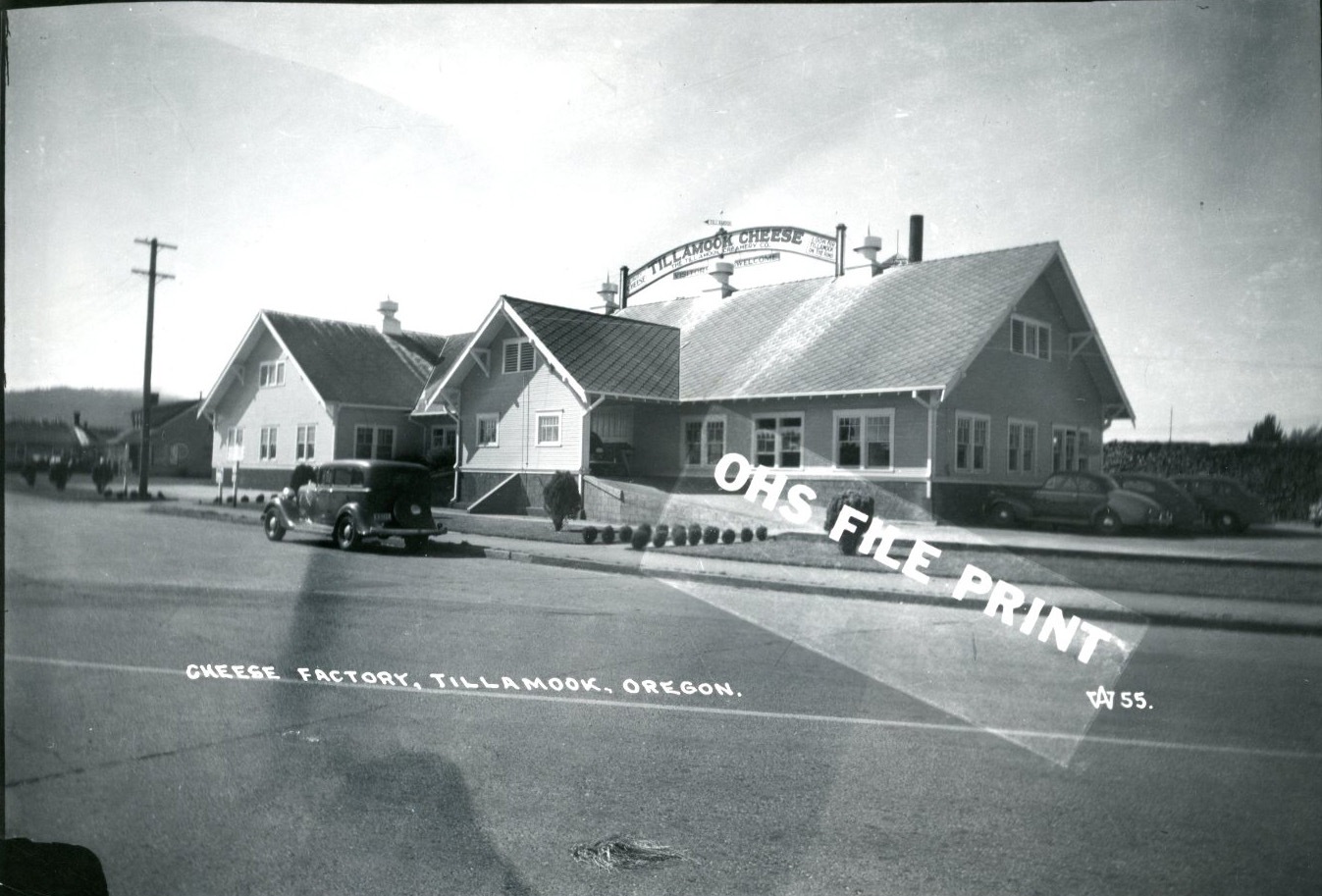Reser’s Fine Foods Inc. traces its origin to a kitchen in Cornelius, Oregon, where Mildred Reser prepared salads, coleslaw, and gelatins, which her husband Earl sold to local shops and stores. Mrs. Reser’s Salads quickly found a local audience and in 1951 relocated out of the family kitchen to a nearby rental space. The Resers’ son, Al, took over the company in 1960 and moved it to Beaverton, where it continues to specialize in the manufacture and sale of prepared side dishes and dips and fresh produce. Now one of Oregon’s largest privately held companies, Reser’s Inc. tallied more than a billion dollars in sales in 2011. By 2017, it employed over 4,800 workers in North America and operated seventeen production and distribution plants in several states, including Oregon, Washington, Utah, Ohio, Kansas, and North Carolina, and in Mexico.
Alvin L. Reser was born in Topeka, Kansas, on May 27, 1935, the oldest of four children. From an early age, he logged long hours helping his mother distribute her products and made money selling hot dogs at baseball games and newspapers on street corners. Following his graduation from Hillsboro High School in 1953 and a two-year stint in the U.S. Army, he enrolled at Portland State College (now Portland State University), where he met Patricia Valian. The couple married in 1958 and transferred to Oregon State College (now Oregon State University), where Al could study food sciences. They both graduated in 1960. That same year, Mildred and Earl divorced and Mildred convinced her twenty-five-year-old son to buy out his father's share in Mrs. Reser’s Salads and take over as president. In the fall of 1960, the company name was changed to Reser’s Fine Foods Inc.
Al Reser went public with the company in December 1960, listing shares on the National Over-the-Counter Stock Exchange. He moved the company’s operations from Cornelius to Beaverton, where he leased a 33,000-square-foot building and ramped up production. A sour-cream-based dip that Reser had experimented with at Oregon State became a flagship product for the company.
Reser’s Inc. had attained profitability by the mid-1960s, partly because of the company’s emphasis on innovation. Al Reser was interested in developing products that were not necessarily seasonal and wanted to build a business that made money throughout the year. One of the company’s early successes was a line of salsas and frozen burritos, created with Oregon’s growing Latino population in mind. By 2010, Reser’s Inc. was producing five million tortillas a day.
The company made its first strategic acquisition in the early 1970s when it bought the Sausage Kitchen in Milwaukie and subsequently incorporated a new line of processed meats into its product offerings. By the end of the decade, Reser’s was a founding member of the Salad Manufacturers Association, a professional organization now known as the Refrigerated Foods Association, with a membership of more than 120 companies.
Trouble struck the company in the early 1980s, when a Texas-based investor, Atlee Kohl, purchased large quantities of Reser’s Inc. stock with the intention of launching a hostile takeover. By the time Kohl’s stake reached 44 percent of the company’s shares, Al Reser had launched a grassroots campaign that urged small investors to withstand the incursion by selling their shares directly to him. He secured a loan to buy out Kohl’s holdings, and by early 1987 the company had been delisted and was back in family hands.
What followed for the company was an expansion of production capacity and the continued acquisition of other privately held businesses. During the 1990s and 2000s, Reser’s Inc. purchased a dozen other companies in locations from Hawaii to Maryland and made heavy investments in Al Reser’s hometown of Topeka. Making its first acquisition in the area in 1984, Reser’s Inc. constructed a Topeka-based plant in 1990 and broke ground in 2017 for an $86.5 million prepared-salad facility.
As it has grown, the company has not been immune to controversy. A decision in 2014 to move its Oregon production facility from Beaverton to Hillsboro caused tension between the two cities' mayors, and in 2015 the Occupational Safety and Health Administration fined the company $76,283 for workplace violations. From 2000 to 2017, Reser's Inc. was levied a total of $232,678 in OSHA penalties for thirteen instances of health, safety, or environmental violations, primarily at their Kansas and North Carolina production facilities. The discovery of listeria at the North Carolina facility in 2015 led to the recall of some salad products, and undeclared milk and soy ingredients in the company's macaroni salad provoked an allergy alert in 2017.
In 2006, Al Reser handed control of the company to his son Mark. Al died four years later, on April 12, 2010, while on vacation in Sarasota, Florida. In 2011, Reser’s Inc. purchased two more competing businesses, Orval Kent and Vaughn Foods, acquisitions that resulted in gross receipts surpassing a billion dollars for the first time in company history.
The Reser family has donated more than $35 million to Oregon State University, with one gift resulting in the renaming of the school’s football stadium to Reser Stadium in 1999. Pat Reser, who co-chaired OSU's billion-dollar capital campaign from 2007 to 2014, served as the first chair of the OSU Board of Trustees when it was reconstituted in 2013. The family remains involved in civic affairs in Washington County and in Portland, including annual support for the Portland Rose Festival Parade.
-
![]()
Patricia J. Reser, OSU yearbook photos, 1960.
Courtesy Oregon State University Libraries
-
![]()
Alvin L. Reser, OSU yearbook photos, 1960.
Courtesy Oregon State University Libraries
-
![]()
Mark Reser, Bill Schonely, Dr. Nathalie Johnson, and Nicholas Kristof, History Makers Dinner, 2017.
Courtesy Oregon Historical Society
-
![]()
Reser's Fine Foods logo.
Courtesy Reser's Fine Foods
Related Entries
-
![Beaverton]()
Beaverton
Beaverton is the seventh largest city in Oregon and the second largest …
-
![Dutch Bros. Coffee Company]()
Dutch Bros. Coffee Company
In 1992, thirty-eight-year-old Dane Boersma and his twenty-one-year-old…
-
![Hillsboro]()
Hillsboro
Hillsboro, the seat of Washington County, is in the Tualatin River Basi…
-
![Kettle Foods, Inc.]()
Kettle Foods, Inc.
When Kettle Foods began producing Kettle Chips in Salem in 1982, the co…
-
![Oregon State University]()
Oregon State University
Oregon State University (OSU) traces its roots to 1856, when Corvallis …
-
![Shari’s Café & Pies]()
Shari’s Café & Pies
Ron and Sharon Bergquist opened the first Shari's restaurant—named afte…
-
![Tillamook Cheese]()
Tillamook Cheese
For many Oregonians, “Tillamook” and “cheese” are inextricably linked. …
Map This on the Oregon History WayFinder
The Oregon History Wayfinder is an interactive map that identifies significant places, people, and events in Oregon history.
Further Reading
Reser, Al, with Kerry Tymchuk. No Small Potatoes: How a Family Potato Salad Recipe is Fast Becoming a Billion Dollar Business. Corvallis: Oregon State University Press, 2010.
Pat Reser Oral History Interview conducted by Chris Petersen, April 24, 2015. Oregon State University Sesquicentennial Oral History Project.
"Alvin L. Reser." Obituary published in the Corvallis Gazette-Times, April 24, 2010.


